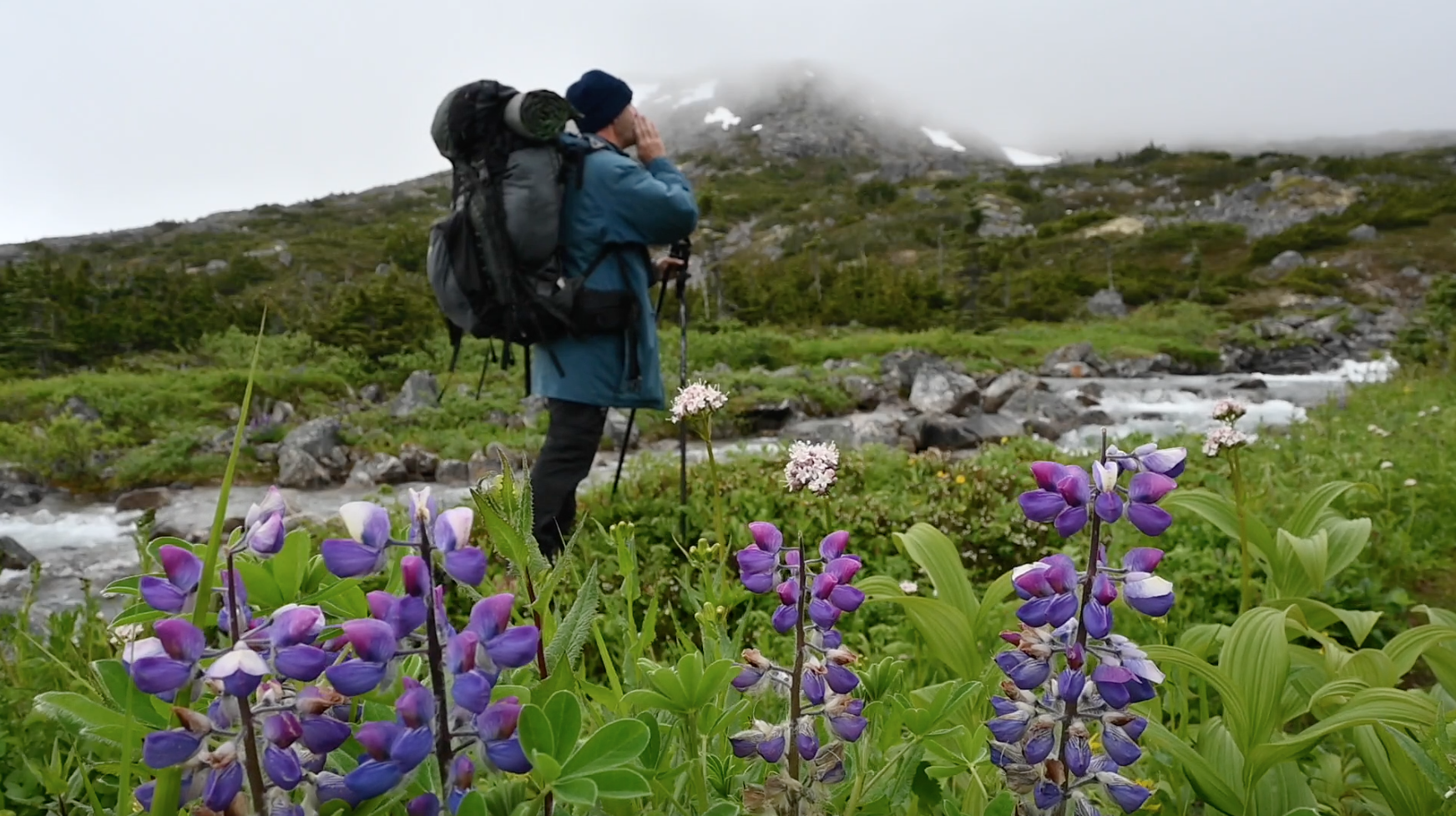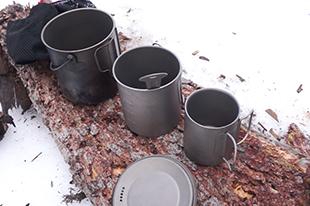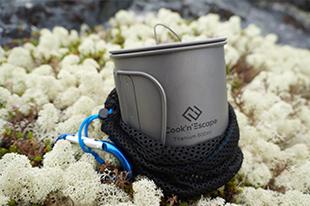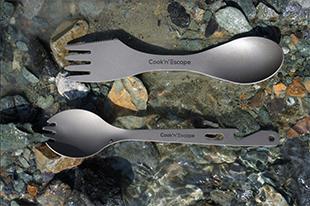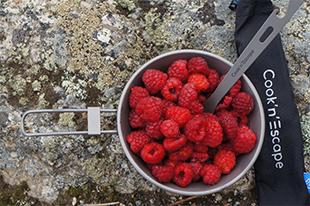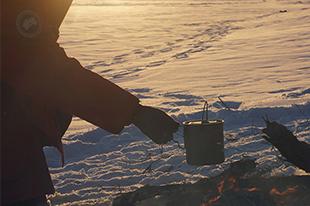Bear safety for backpackers

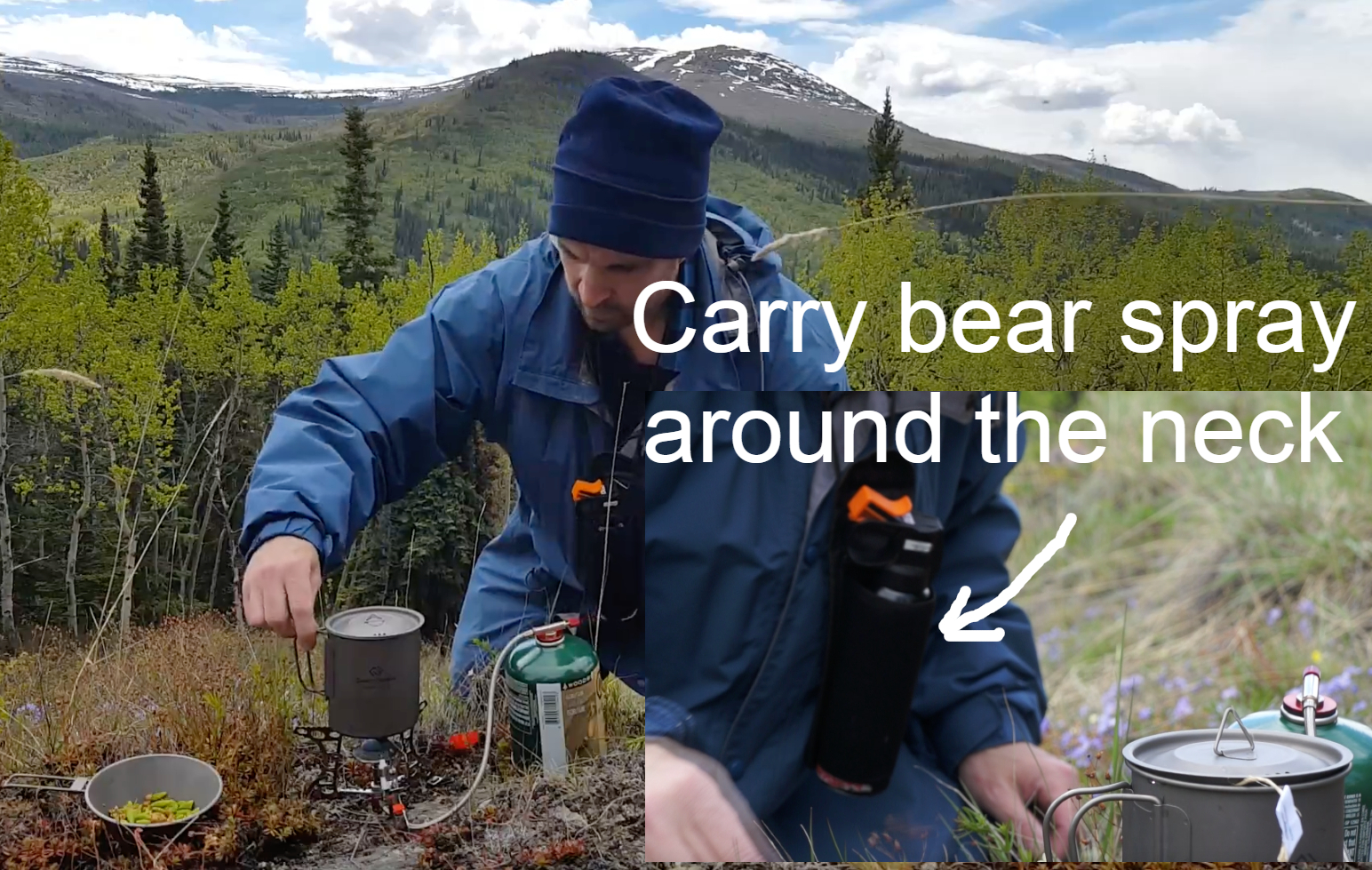
Bear Safety For Backpackers
Backpacking is not a high-risk activity. But it does not mean there are no risks, especially if you backpack in a wilderness where bears are roaming. Be prepared for an encounter. Here are 9 rules every backpacker should follow.
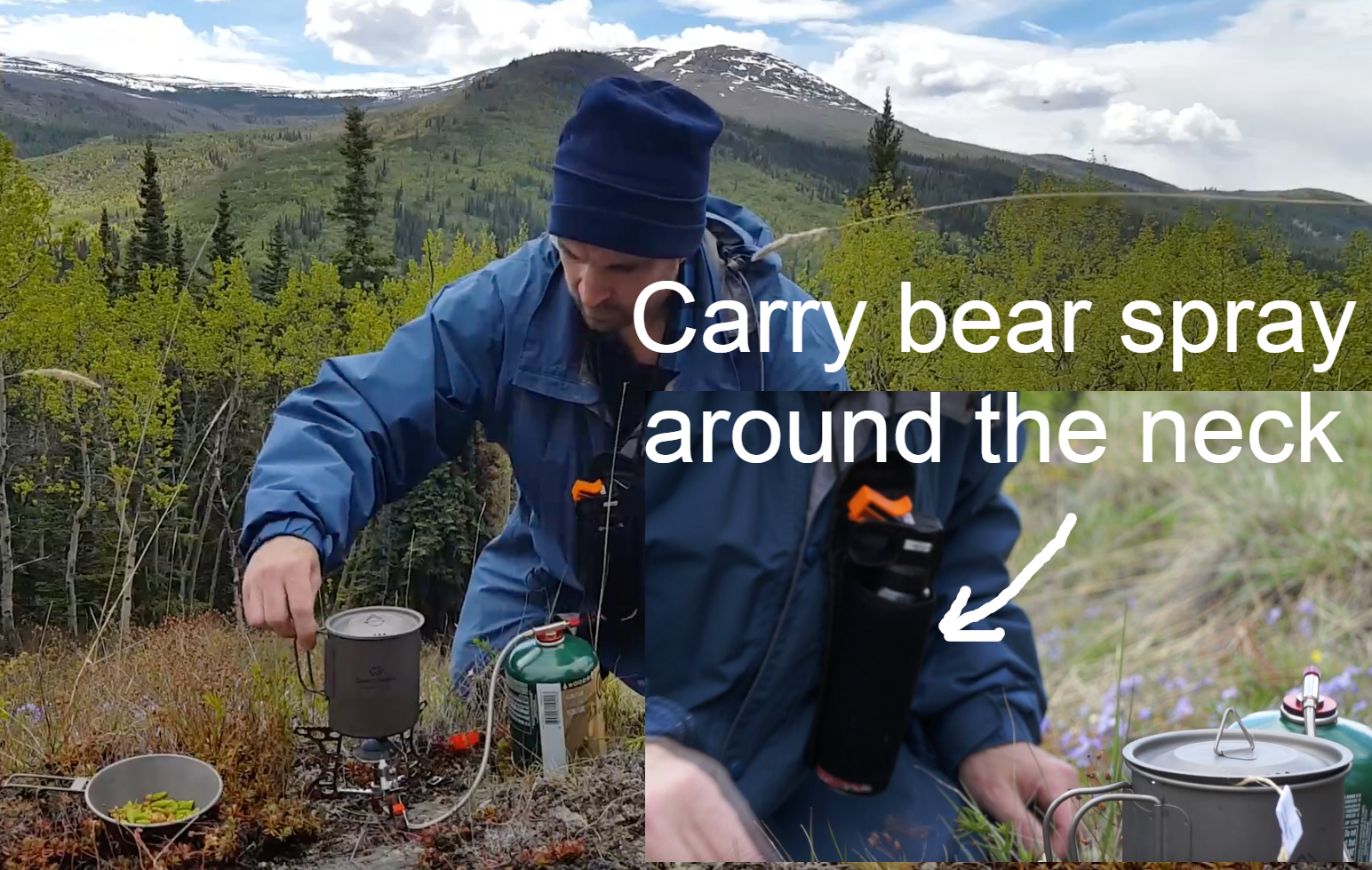
Learn as much as you can about the behavior of those magnificent creatures
First, if you live in North America, you are more likely to deal with black bears or/and grizzlies. Grizzlies are more aggressive and dangerous. Learn to distinguish the species and learn as much as you can about the behavior of those magnificent creatures.
Make noise when you move
As a general rule, make noise when you move. Following a rushing creek? Sing. Approaching thick bushes? Speak loudly. A blind corner: shout a few words. Surprising a bear may trigger an attack, so advertise your presence. However, if you spot a bear from a good distance and you don’t think it has noticed you yet, it might be a better idea to just change direction and leave without further announcing your presence. A bear may also try to ignore you, especially if it is feasting in a berry patch. Your call…
Look for signs of recent bear activity.
Scratches on trees, scats, tracks, etc. Be “bear aware” as they like to say. As a backpacker, you should be vigilant about many things anyway: the weather, the trail, the rocks, etc.
Travelling in a group is safer than traveling alone.
Bears rarely attack groups of 4 or more. If you travel alone, just be more cautious than usual.
Carry and be ready to use bear deterrents such as bear spray and bear bangers.
They are insurance. They cost little and could save your life. Learn to use those tools, practice! Bear spray is more effective than a firearm to stop an attack. One tip: carry bear spray on you at all times and not attached to a belt of your backpack, or even worse, inside the backpack. We prefer carrying bear spray around the neck, but you may prefer a holster around your chest or on your belt.
Have the right attitude if you meet a bear.
It depends on the circumstances, of course.Generally, don’t be aggressive, stay calm, respectful, and leave, but at the same time stand your ground if the bear seems curious or in predatory mode. Bears will feel your confidence. Don’t act like prey, don’t run or scream!
Minimize food smells.
Don’t cook ultra-smelly food. Do you think frying fish on a river shore during a salmon run is a great idea? No food in the tent, at all! Don’t even cook near it! Put all food in a stuff sack and line it with several plastic garbage bags to minimize food smell, then hide the sack far enough from the tent. At least 100 yards seems reasonable. You may have access to trees, or not! Remember, bears climb trees. So the general rule is to hide the sack like you would hide it from another person: hard to reach or see. Bear lockers, bear poles, or bear canisters may be available in some Parks areas. Use them.
Pick the right campsite:
Bears are like humans, they use trails. So avoid the proximity of any kind of trails if possible. Stay away from berry patches, and if you have spotted carrion, travel a good distance from it.
Prepare the tent for the night.
An attack is unlikely to happen but always be ready for a potential bear intruder on the campsite. Our tip: Have a flashlight, knife, bear bangers, and bear spray handy, just in case. A knife could help get out of the tent faster if needed.
